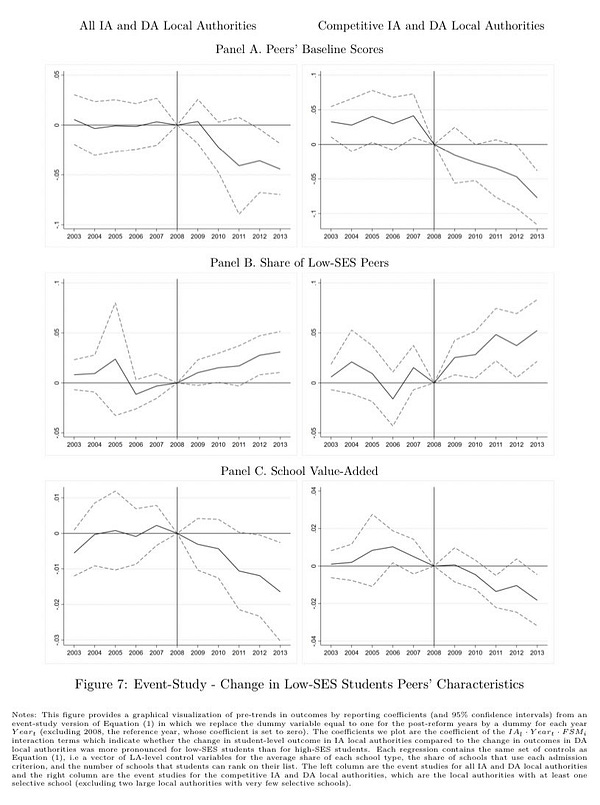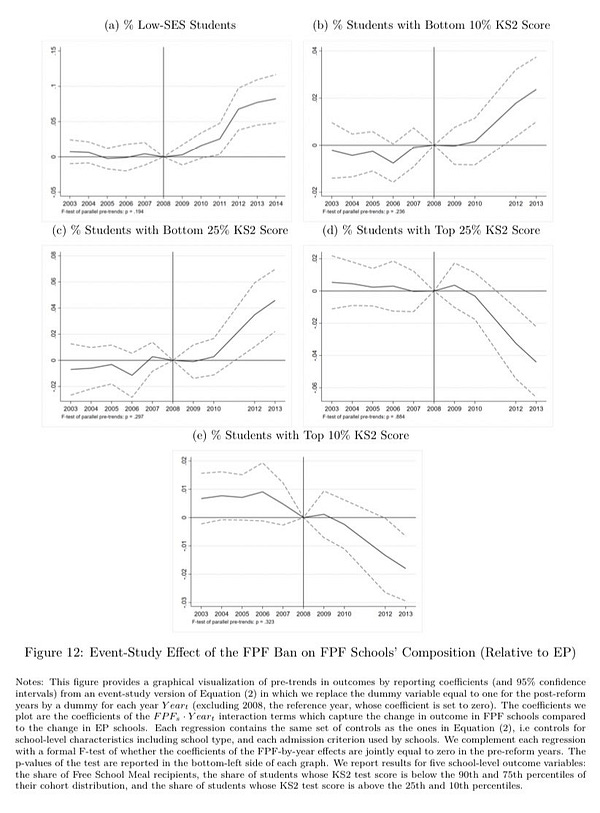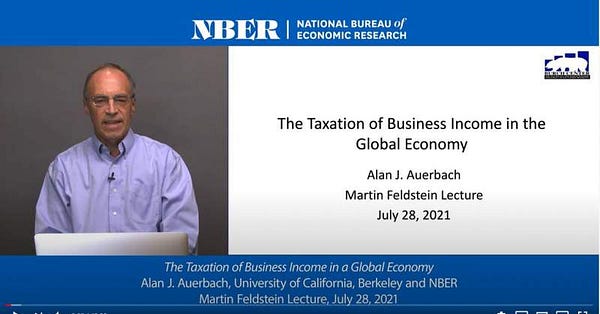Best of #econtwitter - Week of January 9, 2022 [2/3]
Welcome readers old and new to this week’s edition of Best of Econtwitter. Thanks to those sharing suggestions, over email or on Twitter @just_economics.
This is part two of three (hopefully a rare three-part issue). Part one is here; part three is here.
Paper summary threads


David Evans @DaveEvansPhD
^thread

@lymanstoneky I have work in progress with @plvautrey suggesting that mindfulness reduces depression, anxiety, and stress.
We give some people a Headspace premium subscription; others go on a waitlist. Those with the app report better short-term mental health.
economics.mit.edu/files/22355
[1/N]


Typically, 1 in 5 US high schoolers report being bullied in school over the past year.
1 in 7 report being cyberbullied.
Our new NBER working paper shows
1) How to measure bullying in real time
2) How Covid changed bullying
3) That bullying & cyberbullying are complements.


2) Covid reduces bullying and cyberbullying search to historically low levels.
That bullying drops isn't shocking. Kids aren't around each other.
That cyberbullying drops is very interesting given that kids are way more online than before.


1⃣ Households’ lack of investment in stocks is one of the most important puzzles in finance. In this paper, I study one potential explanation: after stock market crashes, a small number of workers lose their jobs with long-term consequences on their earnings.

Review of Financial Studies @RevOfFinStudies

🚨🚨🚨 New working paper w/ @jamesfeigenbaum on historical automation! What led AT&T to automate telephone call switching, what stood in its way, and how did it benefit? A thread🧵


🚨 New working paper alert 🚨
"Pension Reform and Labor Supply" w/a kind and clear mind in Jonah Rockoff. Truly terrific person.
Pensions shape worker retention and retirement. Without knowing much about this pension, you can probably guess retirement rules from this picture.1/


Interesting paper (->@EJ_RES) by @achadhvaryu, @teremolin & @AnantNyshadham, including in the current labor market context
👉A randomly assigned employee satisfaction survey, administered to Indian garment workers shortly after a disappointing wage hike, ⬇️quit rates by 20%.



Amazing parable of evidence based policy in practice: in 2008 England adopted “strategy-proof” school allocation algorithms because of theoretical arguments that they’d be fairer. But actually they made inequality of peers and value-added worse: nber.org/papers/w29600
But then…





For many years, I asked friends why we don't have a journal for "A Simple Version of the _____ Model." But the Annual Review of Economics now fills the role perfectly! Other favorites? 6/n (END)
^thread of some ARE papers

Fascinating new WP about the effect of forced displacement on human capital in Mozambique by @GChiovelli Michalopoulos @EliasPapaioann2 and Sequiera, analyzing the effects of a long civil war that displaced around 1/3 population #Econtwitter


Striking example of the consequences of racism in the workplace: non-white soccer player performance increased when stadiums were empty due to COVID-19 restrictions.
fascinating research by @FabriColella


Interesting discussions
^lots of interesting discussion in the replies

Getting standard errors wrong: physics as of 1933 edition.
In 1887, Michelson & Morley startled everyone by demonstrating there is no ether, paving the way to the theory of relativity.
In 1933, Dayton Miller published results seemingly overturning Michelson-Morley. 1/6





